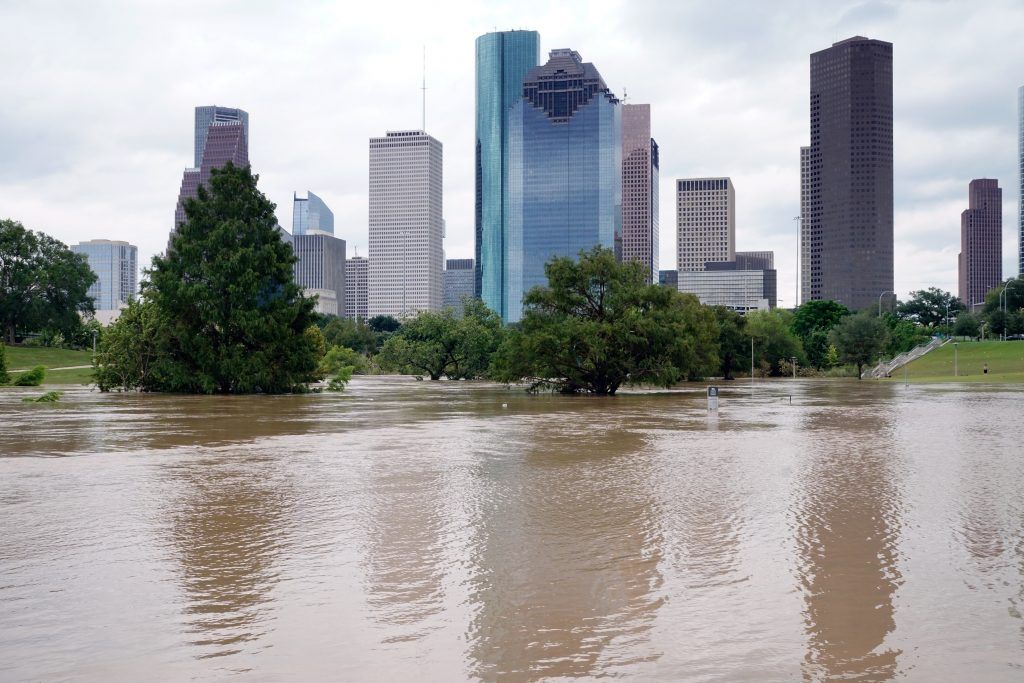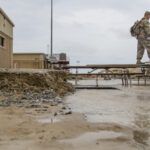Recent storm problems could force state climate legislation, and soon
By Dan Drollette Jr | March 13, 2018

The recent spate of devastating winter storms in New England—two so-called bomb cyclones in less than 12 days, with another major Nor’easter occurring as of this writing—with projections of as much as 18 inches of snow in some areas—has proven a wake-up call in Massachusetts.
“People have been shocked,” said Emily Norton, a city council member in Newton. “The storms we’re seeing now—people thought this was decades in the future.” Boston has been pondering future construction of barriers to fend off rising tides and sea levels, but the sight of people paddling kayaks down city streets seemed to convince a lot of people that the future is here. “The big question is how do we get organized to implement this and how do we pay for it,” said Kathy Abbott, president and CEO of Boston Harbor Now, a nonprofit that aims to promote the city’s waterfront while ensuring its fortification against rising seas.
“If gone unchecked, severe weather will wreak immense havoc on Massachusetts. It is already happening. It continues to happen. Our communities, our cities and towns, are facing serious financial risks. Homes are being destroyed, properties are being ravaged,” said Democratic state senator Marc Pacheco Monday, in a renewed pitch for his bill requiring a comprehensive state climate adaptation plan. Pacheco has been pushing climate legislation on the state level for years, and successfully got it through the state Senate for years, only to watch it die in the Massachusetts House. “Public safety officials tell us that the flooding is the worst that they have seen,” he said to Boston radio station WBUR. “If there is ever a time to get climate readiness and climate adaptation into statute, it is now.”
Last Thursday, after a nor’easter followed hot on the heels of last week’s bomb cyclone, the state’s (Republican) governor, Charlie Baker, announced plans to introduce new climate adaptation legislation this week. “I think we’re going to have to come up with a different kind of strategy around resilience,” Baker told WGBH Radio. “The time on some of this stuff seems to be now.” Indeed, 4.2 million residents in the greater Boston area live within ten miles of the coast, on land with an assessed value of $750 billion—73 percent of the total valuation of the state of Massachusetts, according to the Metropolitan Area Planning Council.
Publication Name: State House News
To read what we're reading, click here
Together, we make the world safer.
The Bulletin elevates expert voices above the noise. But as an independent nonprofit organization, our operations depend on the support of readers like you. Help us continue to deliver quality journalism that holds leaders accountable. Your support of our work at any level is important. In return, we promise our coverage will be understandable, influential, vigilant, solution-oriented, and fair-minded. Together we can make a difference.
Topics: Climate Change, What We’re Reading















